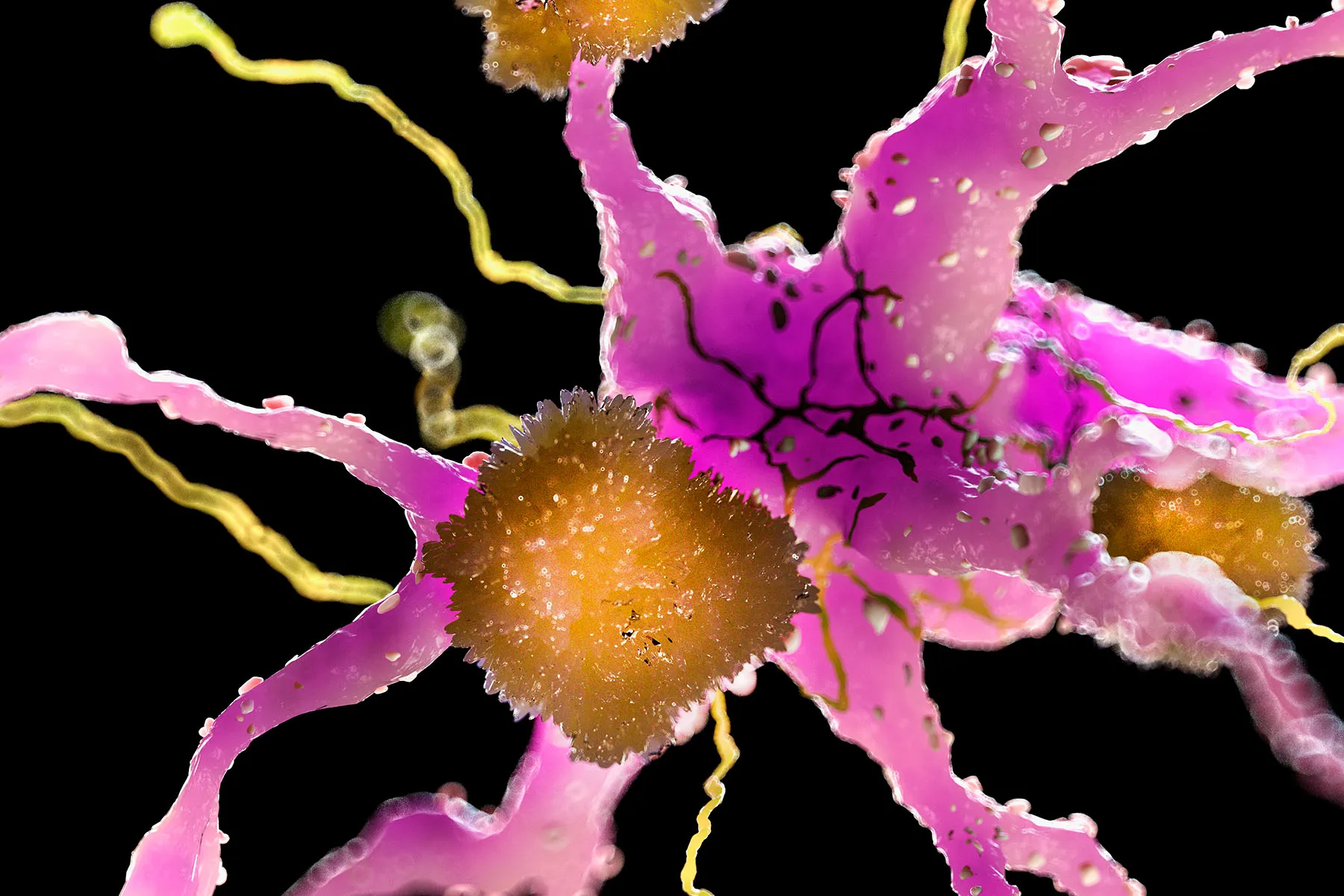May 4, 2023 – The investigational drug donanemab significantly slowed the decline of Alzheimer’s patients’ ability to think clearly and go about daily tasks in a large study of adults with early signs of the disease, according to early results.
Donanemab – which is made by Eli Lily and targets amyloid plaques, a hallmark of Alzheimer’s disease – met the study’s primary and secondary goals involving measures of cognitive and functional decline, showing “significant clinical benefits,” the drugmaker said in a news release.
Based on the results, Lilly said it plans to ask the FDA for approval of the drug by the end of June.
In the randomized, double-blind, placebo-controlled trial, nearly half (47%) of patients taking donanemab had no clinical progression at 1 year, compared with 29% of patients on a placebo.
Donanemab also slowed clinical decline by 35%, compared to a placebo, and resulted in 40% less decline in the ability to do daily activities.
Patients taking donanemab had a 39% lower risk of having the next stage of the disease, compared to placebo.
In addition to slowing cognitive and functional decline, donanemab led to significant reductions in brain amyloid plaque levels as early as 6 months after the start of treatment.
As a result of achieving a specific level of amyloid plaque clearance, 52% of people in the study completed their course of treatment after 1 year and 72% completed treatment after 18 months, Eli Lilly said.
“These are the strongest phase 3 data for an Alzheimer’s treatment to date,” Maria C. Carrillo, PhD, the Alzheimer’s Association’s chief science officer, said in a statement.
People studied in the trial were sorted into groups according to their level of the brain protein tau, a predictive biomarker for Alzheimer’s progression. The primary analysis population of 1,182 patients was made up of people with an intermediate level of tau and clinical symptoms of Alzheimer’s.
The study also enrolled 552 people with high levels of tau at the study’s start, representing a later stage of the disease.
In an analysis combining 1,736 high-tau and intermediate-tau participants, donanemab also showed “meaningful positive” results across all clinical goals, Eli Lilly said.
There were some side effects, though, consistent with earlier phases of the research, such as brain swelling and mini brain bleeds, known as amyloid-related imaging abnormalities, or ARIA. Three deaths were attributed to varying degrees of the condition.
In the overall donanemab treatment group, brain swelling occurred in 24% of people, with 6% having symptomatic abnormalities.
The mini brain bleeds occurred in roughly 31% in the donanemab group and about 14% in the placebo group. Most cases of the disorder were mild to moderate and resolved or stabilized with appropriate treatment.
‘Encouraging’ Results, Full Data Highly Anticipated
In a statement from the British nonprofit Science Media Center, Paresh Malhotra, PhD, a professor of clinical neurology at Imperial College London, said these new findings “provide further evidence that antibody treatments that reduce amyloid in the brain can slow decline in thinking and the ability to carry out everyday activities in people with early Alzheimer’s disease.”
“These are really encouraging results and show that targeting fundamental mechanisms in Alzheimer’s can potentially make a difference to people’s lives,” he said.
Also weighing in, Catherine Mummery, MD, PhD, with University College London Hospitals NHS Foundation Trust, said the results confirm that “we are now entering the treatment era of Alzheimer’s disease.”
“After many years of negative trials, we now have consistent results across several anti-amyloid antibodies showing that removal of amyloid does change the course of the disease,” she said.
Mummery also noted that how the drug is administered might reduce the burden and cost of treatment.
“This drug was only given until amyloid was lowered to a low enough point, then stopped – which was 52% over 12 months and 72% over 18 months. This may provide a way of ‘inducing remission’ in Alzheimer’s and then monitoring without treatment,” she said.
Liz Coulthard, PhD, an associate professor in dementia neurology at the University of Bristol, had a more cautious take on the results. “At face value, these data look positive, but we need to see the full dataset,” she said.
“There are significant side effects, and we need to know more about how these have affected people. We also need to know the longer-term effects of donanemab,” she said.
More data from the study trial will be presented at the Alzheimer’s Association International Conference in July.






